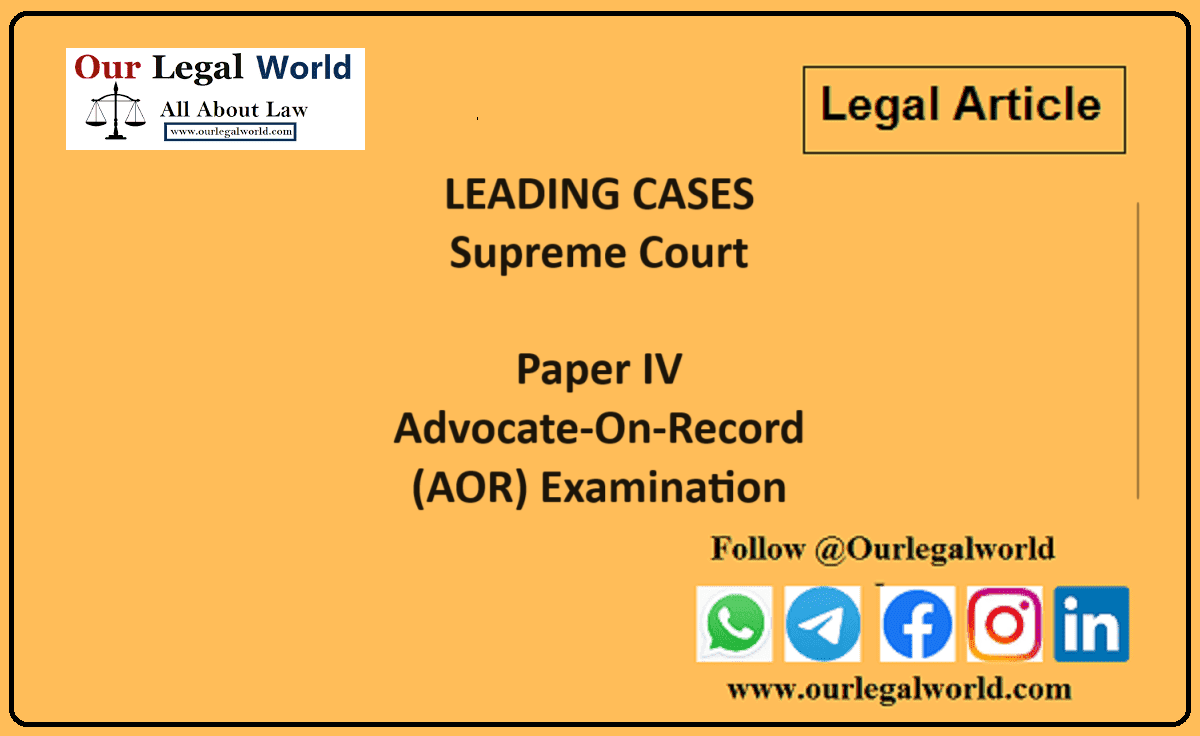Role of Clinical Legal Education in Enhancing Students Professional Skills
Written by Dr Sujatha Patil[1]
Legal education is the foundation of an effective legal profession, which is the foundation of a well-run and reliable judicial system. It aims to foster the perspectives, attitudes, abilities, and feeling of accountability that lawyers are expected to have once they have completed their legal education. Regrettably, during the British era and even after independence, legal education was not given the proper attention, making it the most neglected area of education. It is encouraging to see how seriously the Bar Council of India has regarded legal education and how much work it has put into improving it. The fact that less focus has been placed on the subjects of practical training, which is one of the drawbacks of legal education. To overcome this drawback, the approach towards Clinic Legal Education has become need of the hour.
Professor Richard Neumann, rightly pointed out and opined:
“Because it does not expect itself to produce practitioners, legal education is in some ways closer to graduate liberal arts education than it is to professional education as other professions define it. . . . It would be unthinkable to graduate physicians with no clinical clerkships or architects with no experience in a design studio”[2]
Definition of Clinical Legal Education
The Clinical Legal Education can be defined in various ways –
There are many ways to define clinical legal education, but in general, it can be described as a multi-disciplined, multifunctional education that can foster the ideals and human resources required to build the legal system. A lawyer who is the result of such education would be far better able to contribute to social transformation and national growth.[3]
“An environment for learning where students identify, investigate, and apply knowledge in a context that at least loosely resembles the real world. It almost always entails that the student takes on a case’s specific component and handles it as if it happens in the real world.”[4]
Prof Sathe posed an important question, “Is legal education solely about teaching lawyers how to do their craft, or does it also need to foster a commitment to specific values?”[5]
He opined:
“A lawyer is not only a seller of services but he is a professional who renders services for maintaining the rule of law. He is supposed to be an officer of the court. He has to have commitment to certain values such as democracy, individual liberty, social and economic equality including gender equality and concern for the disadvantaged sections of society which will include the poor, women, the physically handicapped, children, the minorities and the Dalit’s. Legal education has to create such a commitment.”
Also Read: The Future of Law in the Age of AI: Navigating the Opportunities and Challenges Ahead
The term “clinical legal education” refers to instruction designed to help students comprehend how the law actually operates. This can be accomplished by working on actual or realistically simulated cases. Early on, law was regarded as a subject that students might study. Even if the casebook technique has grown through time, there have always been those who disagree with it. Yet, teaching law students from personal experience will be more effective. If used effectively, the legal education clinics could aid students in learning. The word “clinic” conjures up the image of student doctors interacting with actual patients in their clinics. Theory and practice can be brought together in many different ways, including clinical legal education.
Every country currently places a high value on clinical legal education in an effort to prepare its next judges, law officers, lawyers, and instructors of the law to learn through a scientific technique that keeps pace with social ethics and philosophy. The clinical education’s goal is radical, transformative, and dynamic.
Taking into consideration of above-mentioned factors, it is very much important for law students to have a structured platform in order to promote overall legal skills. With this intent, we at the School of Business and Law introduced in the year 2019 a practical paper called “Moot Court and Other Clinical Activities” in the curriculum of BBALLB program and made it a compulsory and credit-based course. This course is specifically focused to train law students with professional skills like mooting skills, writing skills, and research skills, and most importantly students will involve in legal aid and awareness activities. We do have a legal aid clinic at our University and also carries an awareness program, where in students will actually reach out to the people in the society and try to understand their problem and help them through the application of law. Every working Saturday, activities related to all these above-mentioned components are organized to nurture and enhance their professional skills.
[1] Principal of Law Program, School of Business and Law, Navrachana University, Vadodara
[2] Richard K. Neumann, Jr., Donald Schon, “The Reflective Practitioner, and the Comparative Failures of Legal Education”, 6 Clin. L. Rev. 401, 404 (2000).
[3] KuljitKaur,“Legal Education and Social Transformation”
[4] Richard Lewis, “Clinical Legal Education Revisited” Professor of Law, Cardiff University, Wales, United Kingdom, Pg. 5 , [available at: https://www.law.cf.ac.uk/research/pubs/repository/21] [viewed on: 25/06/2009]
[5] S.P. Sathe- Keynote Address in “ roundtable discussion on community responsive legal education: trends in South Asia”, November 27-28, 2001, organised by the United States Educational Foundation in India in collaboration with Pune Law College.









![Tax Law Internship at Legum Attorney [Chamber of Ashish Panday], Delhi : Apply by 15th May 2025](https://www.ourlegalworld.com/wp-content/uploads/2025/05/IMG_0113-min.png)
